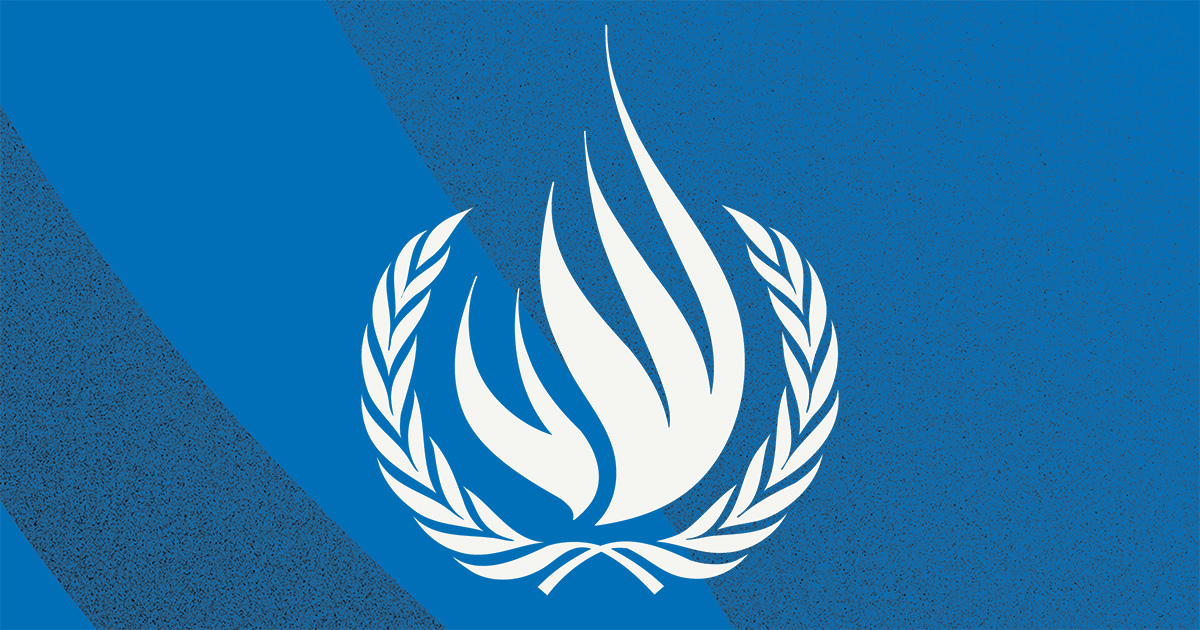
Heidar Ghorbani found guilty of armed rebellion despite not being found with weapons
“Many foundational guarantees of fair trial and due process appear to have been violated”
LONDON: UN human rights experts have urged Iranian authorities to immediately halt the imminent execution of an Iranian-Kurdish prisoner whom they say was subject to enforced disappearance and pre-trial torture.
“The Iranian authorities must immediately halt the execution of Heidar Ghorbani and annul the death sentence against him and grant him a retrial in compliance with their international obligations,” the experts, including the UN special rapporteur on human rights in Iran and the special rapporteur on minority issues, said in a statement issued on Friday.
Ghorbani, 48, was arrested in October 2016 and accused of playing a role in the killing of three men affiliated with the Basij, the domestic paramilitary arm of the Islamic Revolutionary Guard Corps.
Ghorbani was found guilty of baghi — armed rebellion against the state — despite the court acknowledging that he himself was not found with arms.
He was “subjected to enforced disappearance as no information was provided to his family on his fate and whereabouts,” and he was reportedly “held in solitary confinement and subjected to torture and ill-treatment,” the UN experts said.
“We are seriously concerned that Mr. Ghorbani’s eventual confession was forced as a result of torture and ill-treatment,” they added, expressing concern that he was denied access to a lawyer during the investigation.
“In the case of Heidar Ghorbani, many foundational guarantees of fair trial and due process enshrined in international human rights law appear to have been violated,” they said.
“Allegations of torture and confessions extracted under duress are extremely concerning, as is the fact that these allegations did not lead to any investigation and appear not to have been considered by the Court during his trial.”
Iran’s many ethnic and linguistic minorities are regularly subject to human rights abuses, including executions and torture.
In many cases highlighted by rights groups and the UN, individuals are tortured into making confessions that are used against them during trials.
In many cases, those forced confessions are used as evidence in order to administer the death penalty.
According to the Minority Rights Group, Kurds make up around 10 percent of Iran’s population but face a host of legal, structural and economic barriers in the Persian-majority country.
Schools were forbidden from teaching the Kurdish language in 2014, and “there are high levels of property confiscation and governmental neglect in the Kurdish region of north-west Iran,” the MRG said.
They also “experience poor housing and living conditions because of forced resettlement,” and the “expropriation of rural land for large-scale agricultural plantations and petrochemical plants which pollute the surrounding environment.”












